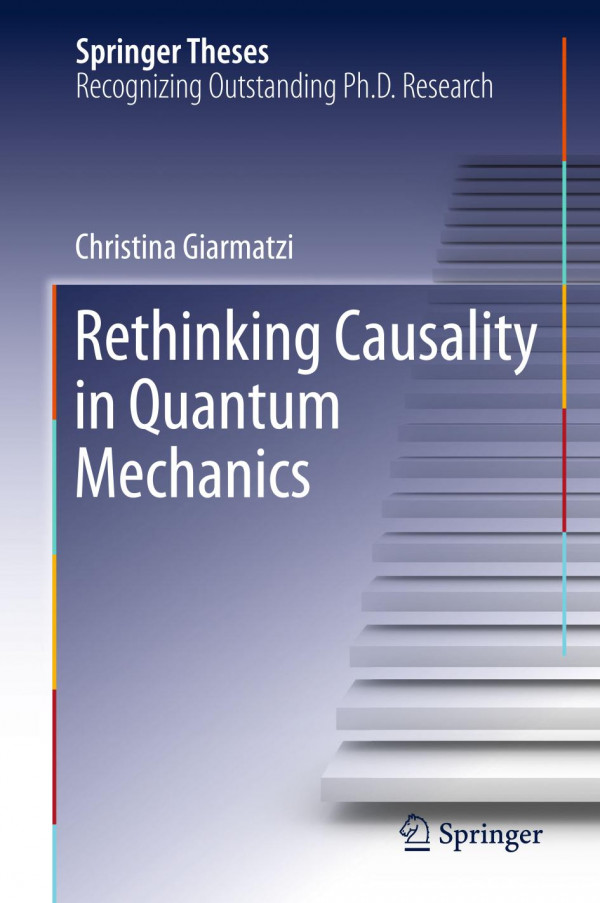

Most ebook files are in PDF format, so you can easily read them using various software such as Foxit Reader or directly on the Google Chrome browser.
Some ebook files are released by publishers in other formats such as .awz, .mobi, .epub, .fb2, etc. You may need to install specific software to read these formats on mobile/PC, such as Calibre.
Please read the tutorial at this link: https://ebookbell.com/faq
We offer FREE conversion to the popular formats you request; however, this may take some time. Therefore, right after payment, please email us, and we will try to provide the service as quickly as possible.
For some exceptional file formats or broken links (if any), please refrain from opening any disputes. Instead, email us first, and we will try to assist within a maximum of 6 hours.
EbookBell Team

4.0
86 reviewsCausality is central to understanding the mechanisms of nature: some event "A" is the cause of another event “B”. Surprisingly, causality does not follow this simple rule in quantum physics: due to to quantum superposition we might be led to believe that "A causes B” and that "B causes A”. This idea is not only important to the foundations of physics but also leads to practical advantages: a quantum circuit with such indefinite causality performs computationally better than one with definite causality. This thesis provides one of the first comprehensive introductions to quantum causality, and presents a number of advances. It provides an extension and generalization of a framework that enables us to study causality within quantum mechanics, thereby setting the stage for the rest of the work. This comprises: mathematical tools to define causality in terms of probabilities; computational tools to prove indefinite causality in an experiment; means to experimentally test particular causal structures; and finally an algorithm that detects the exact causal structure in an quantum experiment.